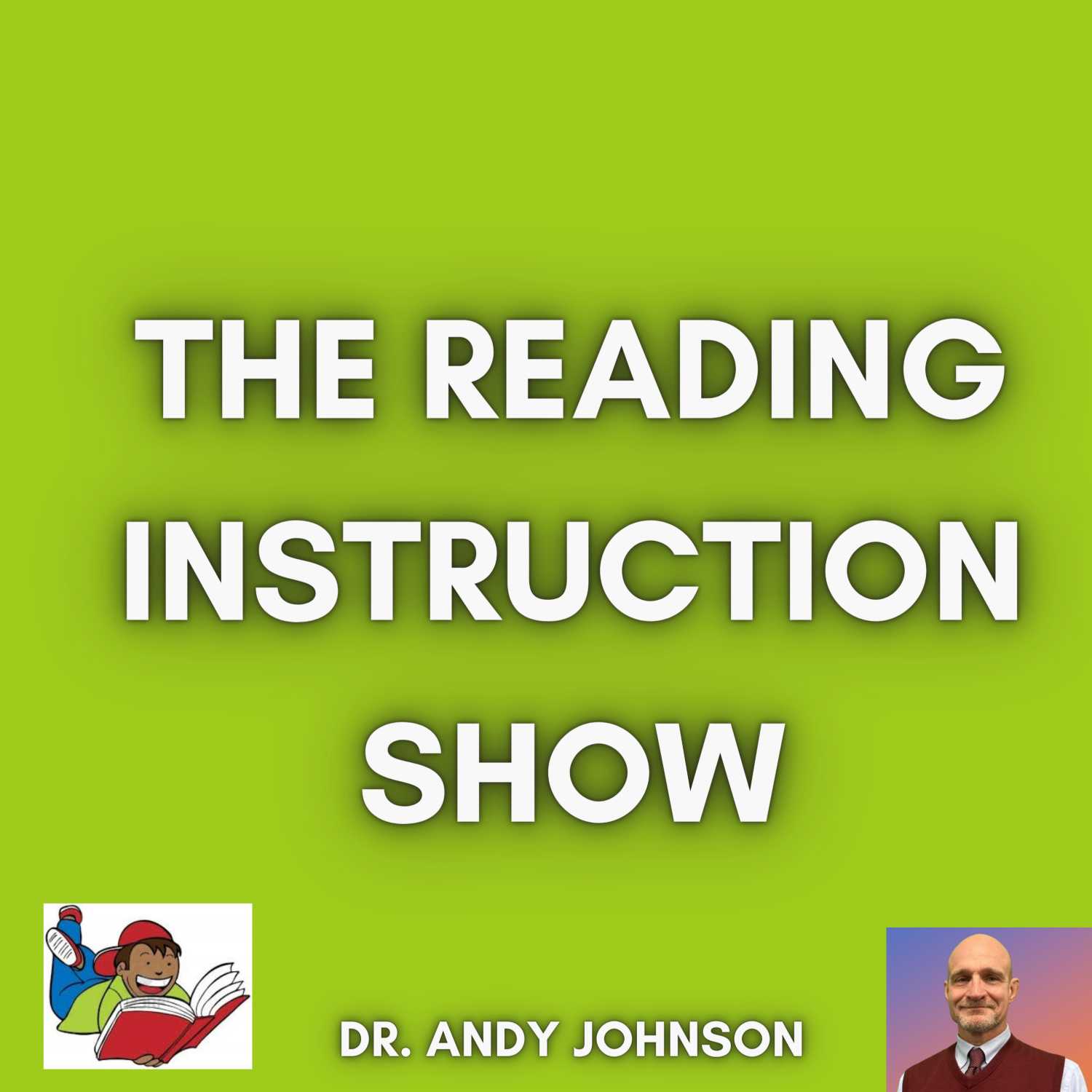The Read Act and the Lessons Beyond the Lesson
Description
Recently, the Minnesota State Legislature passed the Read Act, sponsored by Democratic representative Heather Edelson. It’s a law based on the fad of the day; the shiny new thing called the “science of reading”. Ironically, this law is based on misconceptions and un-understandings related to both science and reading. This law states that I and other literacy professors in Minnesota must follow, with fidelity, the mandates put forth by state lawmakers. These are lawmakers who have never taught a kid to read, who have never read a research article related to reading instruction, and whose knowledge about reading instruction is reliant on the information given to them by radio journalists and podcasters (present company excepted).
As part of the Read Act, the Minnesota Department of Education is now forcing me, a literacy professor at Minnesota State University, to teach things to my students that a wide range of research has shown to be ineffective in helping young children to become literate (that is, to use reading and writing for real purposes). I am forced to teach the preservice teachers in my literacy methods courses at Minnesota State University to engage in educational malpractice in their future classrooms. The Minnesota Department of Education mandates that these future teachers learn strategies that will impede their future students’ ability to achieve their full literacy potential. I must promote the de-literalization of children by telling teachers to focus primarily on lower-level reading subskills instead of higher-level cognitive functions related to reading and comprehension. Worse, I must teach them how to suck all the joy out of reading.
More Episodes
Phonics is important, but if that’s all you’re teaching, you limit students’ ability to recognize words and create meaning with print. And that is the end goal – to create meaning, not to fill out phonics worksheets, or pass end-of-unit tests, or sound out words in isolation
Published 11/04/24
Published 11/04/24
I was having a discussion with a fellow online who insisted that early reading instruction should consist primarily of direct instruction of phonics. His argument was that unlike learning to use oral language, learning to use written language is not a natural process for humans. “We’re not...
Published 11/03/24


